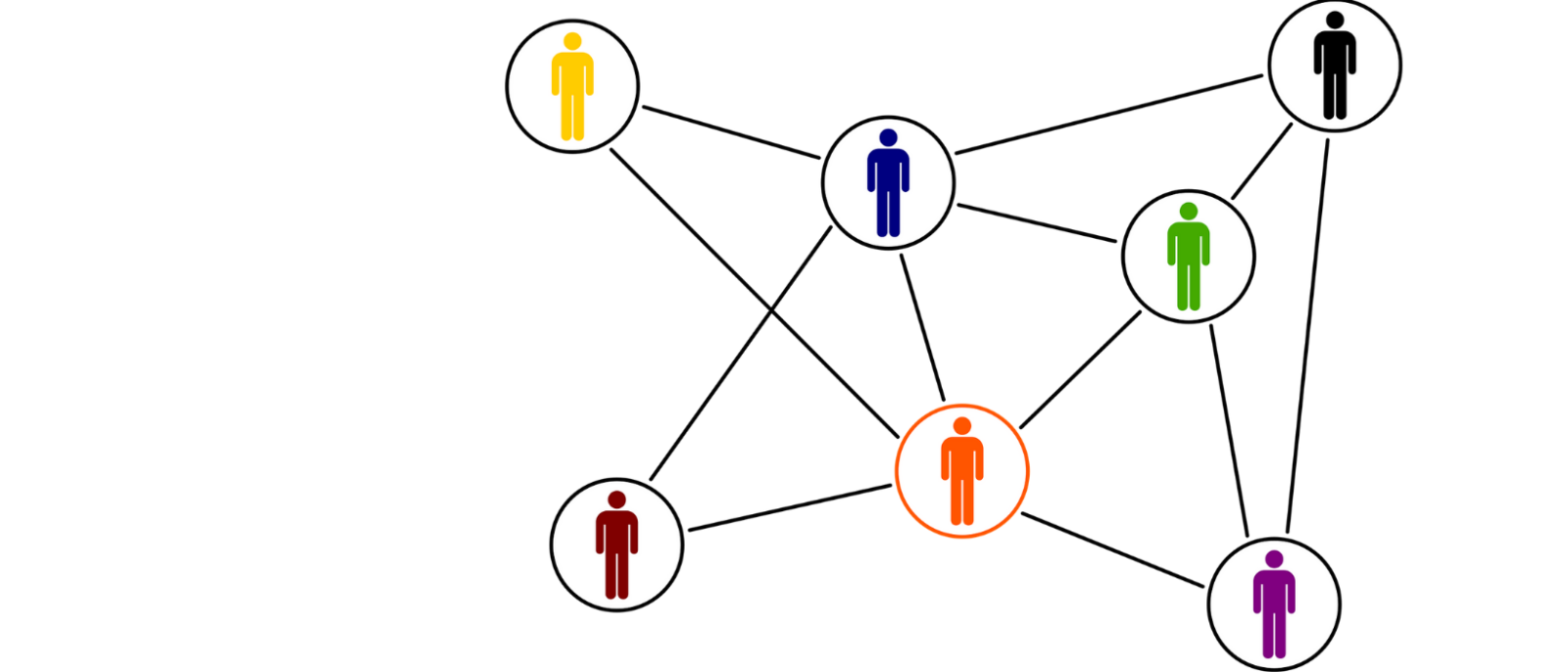By Nicole Reigelman, Corporate Faculty, Harrisburg University of Science & Technology
Even the best project manager cannot do it alone. Project managers can envision the future, craft a plan, identify achievable benchmarks, and effectively manage customer expectations, but they need a focused and motivated team to complete the project on-budget and on-time.
So, when the ink is dry on the project charter, and the project manager maps out stakeholders, the project team should be at the top of the list.
Whether handpicked or assigned, in the same building or in different time zones, teams rely on collaboration. To be effective regardless of industry, composition, or project size, the project leader needs to commit to communicating with clarity and meaningfully and deliberately engaging with the team.
Clear Communications
Strong communication skills are a pre-requisite for effective project management. But “communications” is a broad concept: what does it mean in relation to the project team and what skills does an effective project manager need to practice?
It means communicating with clarity from the start. By clearly defining the project’s purpose and outlining expectations at the outset, a project manager enables the team to understand and unite on the project right away. It also helps team members to determine where their contributions fit into the overall project.[i] Not providing this direction early, causes team members to waste resources trying to meet an undefined standard.
A project manager must also listen with intention. After all communication is not only about broadcasting messages but receiving them too. This is active listening, and it requires effort. A humble project manager understands that no matter how experienced they are, they have limitations regarding knowledge and time.
Qualified team members can fill the gaps with their experience and expertise. A project manager can use routine status updates to ask for input, feedback, and clarification. However, requests for input should be sincere, and the response should be listened to and thoughtfully considered. An insincere solicitation or disregarded ideas will frustrate team members and a project manager risks having them withhold valuable input in the future.
Deliberate and Meaningful Engagement
In addition to defining purpose, setting expectations, and actively listening. A project manager should provide clear and meaningful feedback. If a team member’s performance is missing the mark, they should not have to decipher nonverbal cues from the project manager (or worse, receive the manager’s feedback secondhand from a fellow team member). Failing to provide useful feedback wastes time. Early expectations + meaningful feedback = improved performance and accountability.
Finally, a project manager needs to minimize barriers to accomplishing the work. In addition to setting expectations, project managers need to set the conditions to facilitate success. That means cultivating an environment of collaboration. The collaborative environment can include securing technology-based resources (especially when managing virtual teams); managing and redirecting conflict to be used constructively rather than allowing it to linger as a distraction; and establishing achievable metrics for success.
The collaborative environment also means engaging with the project team in an authentic way, including uncovering and adopting team members’ preferred communication methods, knowing members as individuals including strengths and challenges, and respecting them and their contributions as team members. This authentic engagement strengthens the project manager’s credibility, fosters trust, and spurs mutual respect.
Every team is different, and there are many factors to that contribute to creating the synergy that makes the strongest teams hum with productivity. But by communicating with clarity and engaging deliberately, a project manager sets the team up for success.
[i] Smith, P. (2013, November 22). Build an Effective Project Team. https://project-management.com/build-an-effective-project-team/.
Bibliography
Knutson, J. (2000). Ways to create a strong project team. PM Network, 14(3), 23–24.
Smith, P. (2013, November 22). Build an Effective Project Team. https://project-management.com/build-an-effective-project-team/.
